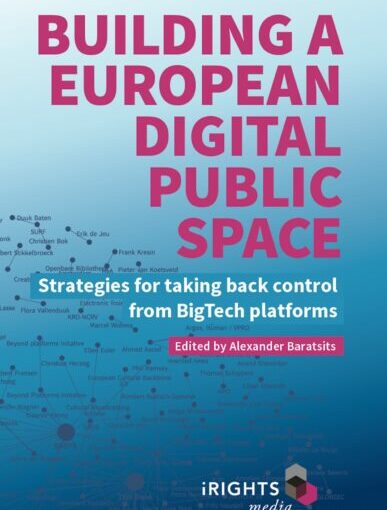Civil Radio will be 30 years old in 2024.
A referendum was held in Hungary on Saturday, April 12, 2003, which was successful with a participation percentage of 45.62, and 83.76% of the voters supported Hungary to join the EU. Accession finally took place on May 1, 2004, together with Cyprus, the Czech Republic, Estonia, Poland, Latvia, Lithuania, Malta, Slovakia and Slovenia. In 2007, Bulgaria and Romania also joined the EU.
EU membership has many advantages that Hungary have not had before. Most of them can be found on the following website: https://european-union.europa.eu/priorities-and-actions/achievements_en
As far as I remember, Civil Radio has been participating in EU projects since 2005. In the spring of that year, with the non-profit organization COSPE, based in Florence, we produced five 20-minute radio programs in Hungary and five in Italy, on agreed topics, touching on various areas of multicultural coexistence, and involving NGOs, minorities and representatives of other institutions.
In the 18 years that have passed since then, Civil Rádió has participated in many EU projects. The main reason, why we are still “forced” to look for the opportunity to participate in EU projects, is primarily related to the financial situation of Civil Rádió as a non-profit radio. Considering the fact that we work with almost 100% volunteer staff and the domestic funding for tenders is shrinking, we are forced to rely on the necessary, but reliable income from EU projects.
Of course, in addition to the “pressure”, such cooperation and EU projects have many advantages. I mention only a few:
- getting to know other EU member states
- getting to know non-profit radio stations operating in other EU countries, Including their work and their employees
- exchanging our experiences
- participation in programme exchange programmes
- presenting the work of Civil Radio in other EU countries, etc.
In most cases, Ákos Cserháti, managing director, and myself, as radio show producer and member of Civil Radio Board, we participate in the majority of EU projects, however, we have involved and continue to involve colleagues from Civil Rádió in joint project jobs in countless occasions. The goal is to see the benefits of these collaborations for as many people as possible.
This is how we got acquainted with the employees of Austrian, English, Finnish, French, Irish, Luxembourgish, German, Italian, Polish, Serbian, Slovenian, Spanish and Swiss non-profit radio stations and their activities.
During the many years of international work fewer non-profit radio collaborations were realized than we expected. In spite of that, I consider the Danube Streamwaves cooperation and program exchange an exemplary one, which has been taking place since 2015 at the initiative of Radio Free FM in Ulm, Germany, and in which non-profit radio stations from three other countries along the Danube river participate (Radio Fro, Linz; Oradio, Novi Sad and Civil Rádió, Budapest).
At the same time, I consider it important to see that – presumably thanks to the rigid radio structural system in those countries – (much to my regret) none of the former socialist states in Europe, which became EU members long time ago, participate in EU radio projects (with rare exceptions like Slovenia, Poland and Serbia).
I find this all the more sad because, for my part, I would extend the cooperation of non-profit radio stations to the exchange of experiences between continents.
Why?
Because I share the thought of Alistair Cooke, a British-American writer, journalist and radio broadcaster, according to which:
I prefer radio to TV because the pictures are better.
Gábor Géczi
editor
Civil Radio
Budapest, Hungary




